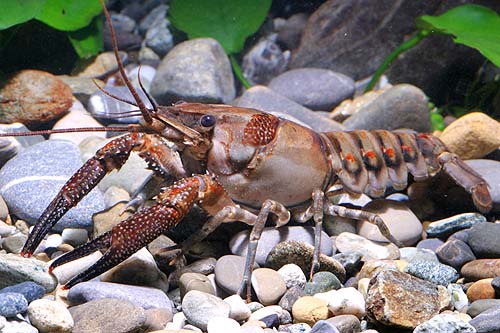FOR IMMEDIATE RELEASE
10/03/2022
Contact: Meaghan Walsh Gerard
Communications and Administrative Director
meaghan@ogeecheeriverkeeper.org
OGEECHEE RIVERKEEPER, CITY OF SAVANNAH HOST SECOND RAIN BARREL GIVEAWAY
Effort is part of a long-term project to improve the health of the Vernon watershed
Ogeechee Riverkeeper (ORK) and the City of Savannah are partnering to lead a long term project to protect the water quality and ecology of the Vernon River. As part of that effort, ORK and the City are holding their second rain barrel giveaway at Joseph Tribble Park on Wednesday, October 19, 2022. Area residents can pick up a free rain barrel from 5 – 7 p.m. The barrels collect rainwater for later use. They can also mitigate flash flooding by slowing water runoff from roofs. Barrels will be given away on a first-come, first-served basis.
In 2021, ORK the City of Savannah, and other stakeholders set out to restore the waterways in the Vernon River basin to the point that it can be delisted as an impaired waterbody by GA EPD; and to reduce the amount of litter and plastic pollution entering the waterways. The canals and tributaries that feed the Vernon River are highly impacted by urban development. The Windsor Forest area drains into the Little Ogeechee River and the Vernon River, which flow out to the ocean.
“All of Savannah’s stormwater infrastructure flows into a public waterway,” says Laura Walker, Water Resources Environmental Manager for the City of Savannah. “These waterways are lifelines to Savannah’s environmental and economic health. We work hard every day to try and keep them fishable and swimmable. But we need everyone to treat the storm system with care. We need everyone to protect the storm drains, ditches, and creeks and keep them clean.”
The Vernon River receives a significant amount of the stormwater leaving the City of Savannah, all part of the Ogeechee River watershed. The goal is to improve water quality, restore ecological habitat, and “Protect The Vernon” from current and future threats.
Litter booms were recently deployed in an effort to catch litter before it reaches the river or the ocean. The booms were installed in the Chippewa, Wilshire, and Harmon Canals. These traps are cleaned out regularly and the litter is sorted, analyzed, cataloged and then recycled or disposed of responsibly. Since February, the litter booms have caught nearly 2,000 pounds of trash. The most common material is polystyrene, with an average of 292 pieces per cleanup.
The booms were designed and installed by Osprey Initiative, and were paid for by a grant from the National Fish and Wildlife Foundation (NFWF). ORK received the 5 Star grant from NFWF for its comprehensive plan involving multiple stakeholders in the area.
“We are so grateful for the broad group of stakeholders working with us to minimize the threats that urban runoff, and litter and plastic pollution pose to this special waterbody,” says Damon Mullis, riverkeeper and executive director. “Local residents are encouraged to volunteer for litter cleanups, citizen science programs, educational events, and more in the coming months.”
Sign up to volunteer, view data, watch an installation video, and view the successes to date: https://www.ogeecheeriverkeeper.org/vernon
About Ogeechee Riverkeeper: Ogeechee Riverkeeper 501(c)(3) works to protect, preserve, and improve the water quality of the Ogeechee River basin, which includes all of the streams flowing out to Ossabaw Sound and St. Catherine’s Sound. The Canoochee River is about 108 miles long and the Ogeechee River itself is approximately 245 miles long. The Ogeechee River system drains more than 5,500 square miles across 21 counties in Georgia. More at ogeecheeriverkeeper.org.
PDF of press release
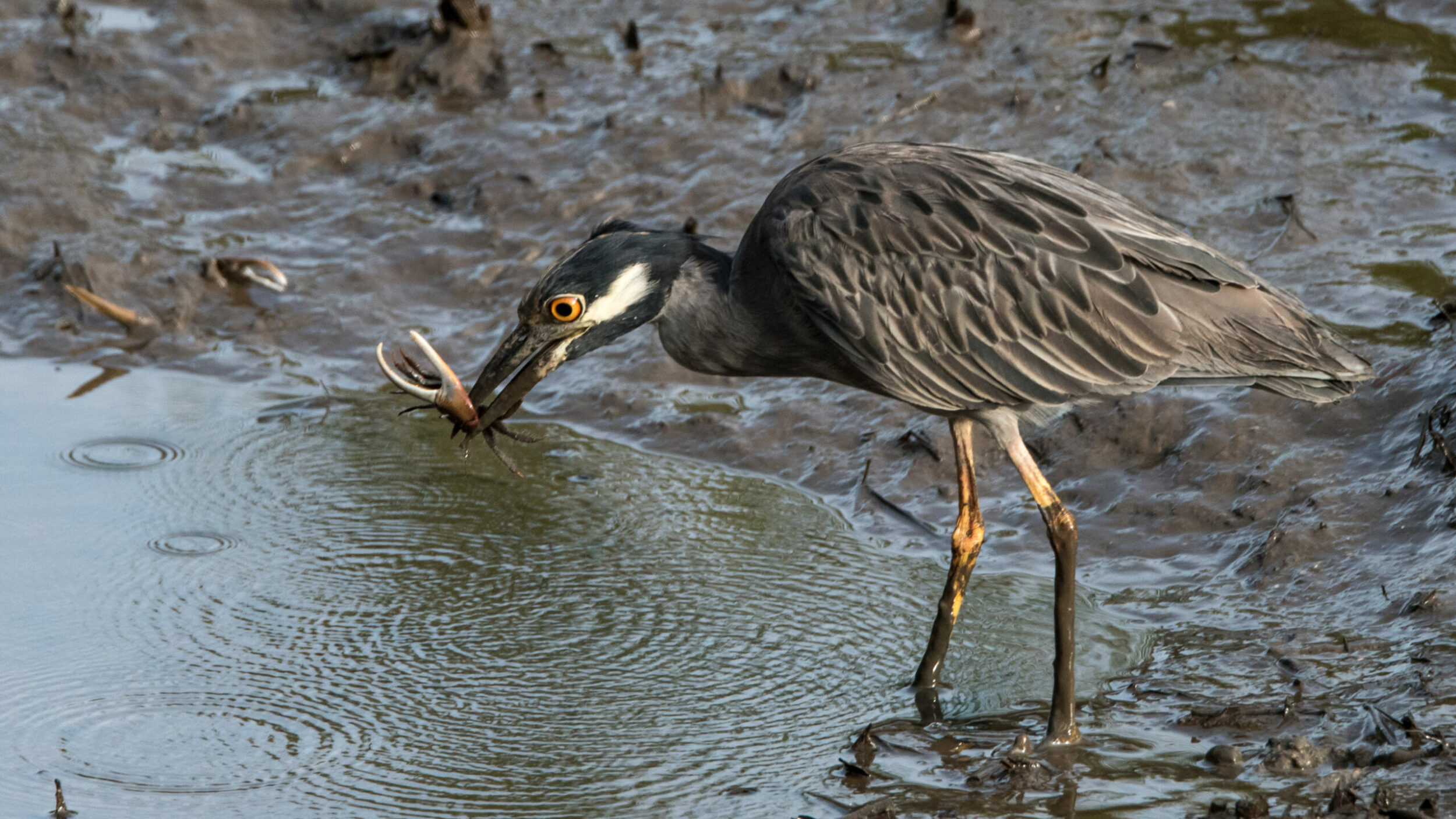
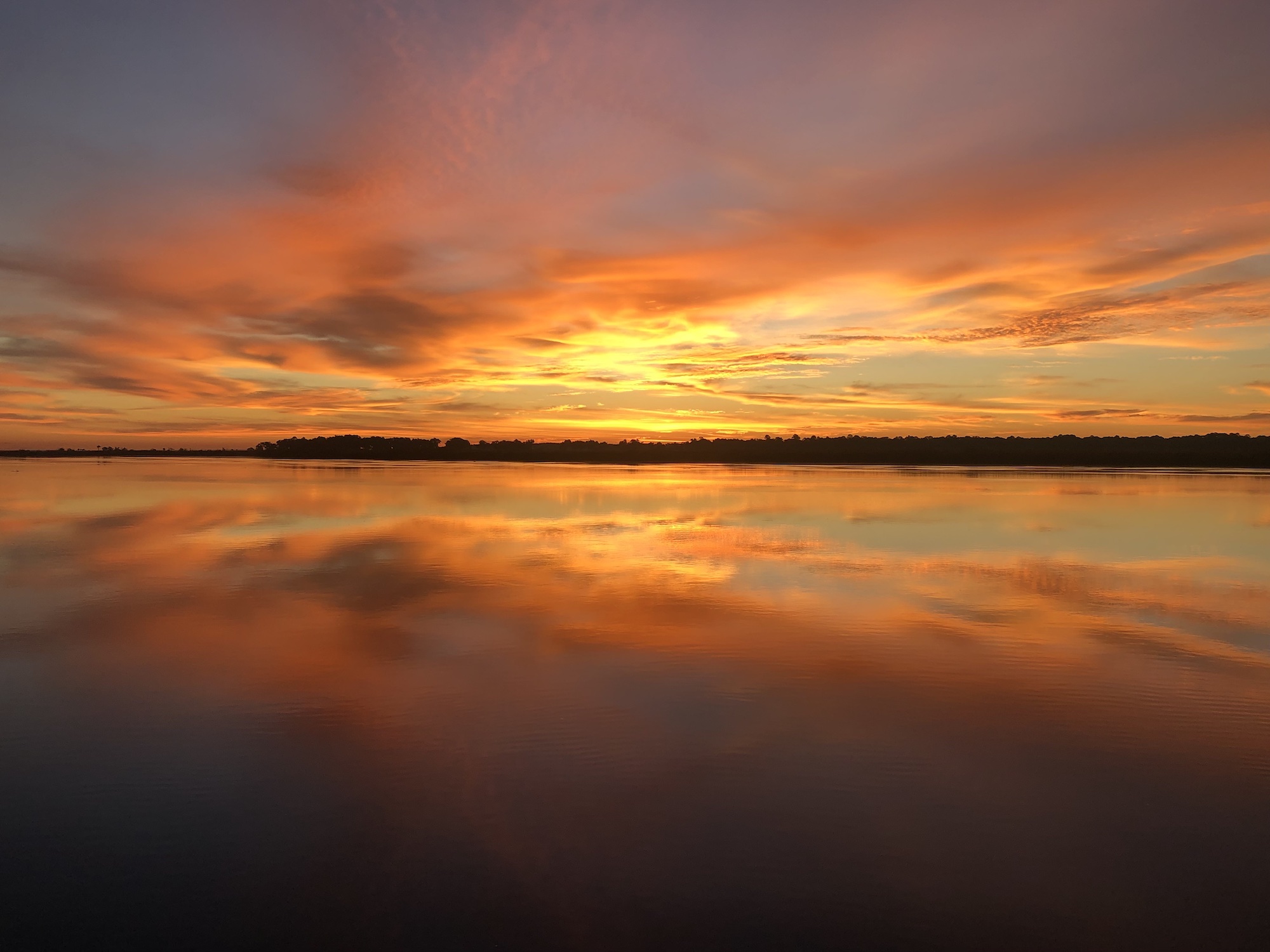
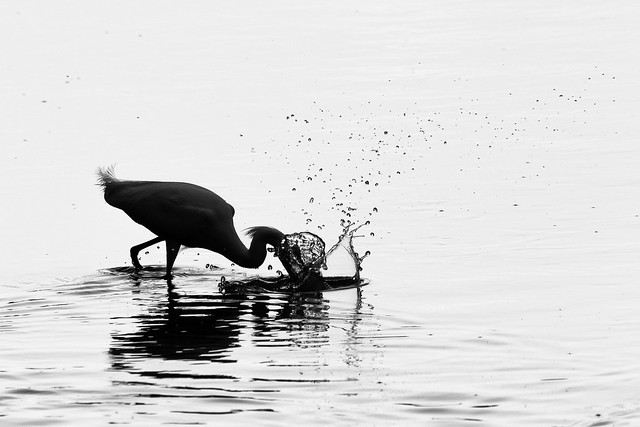
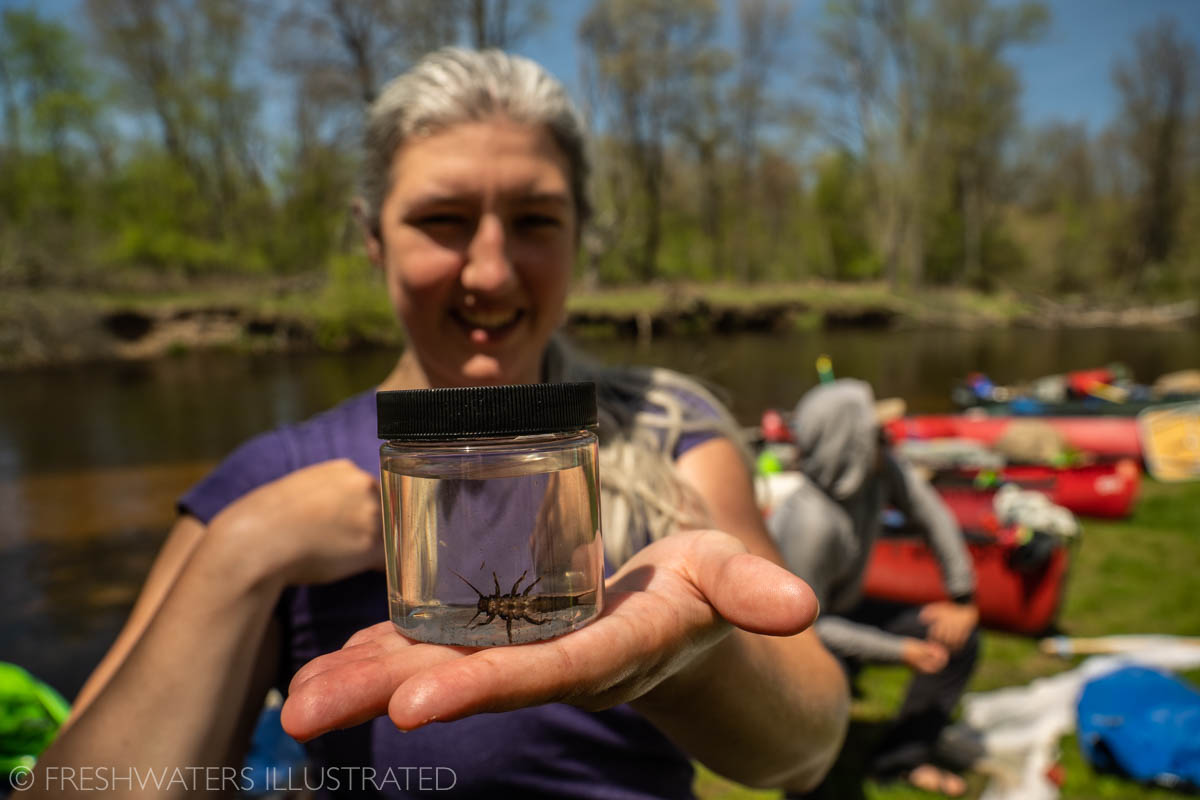
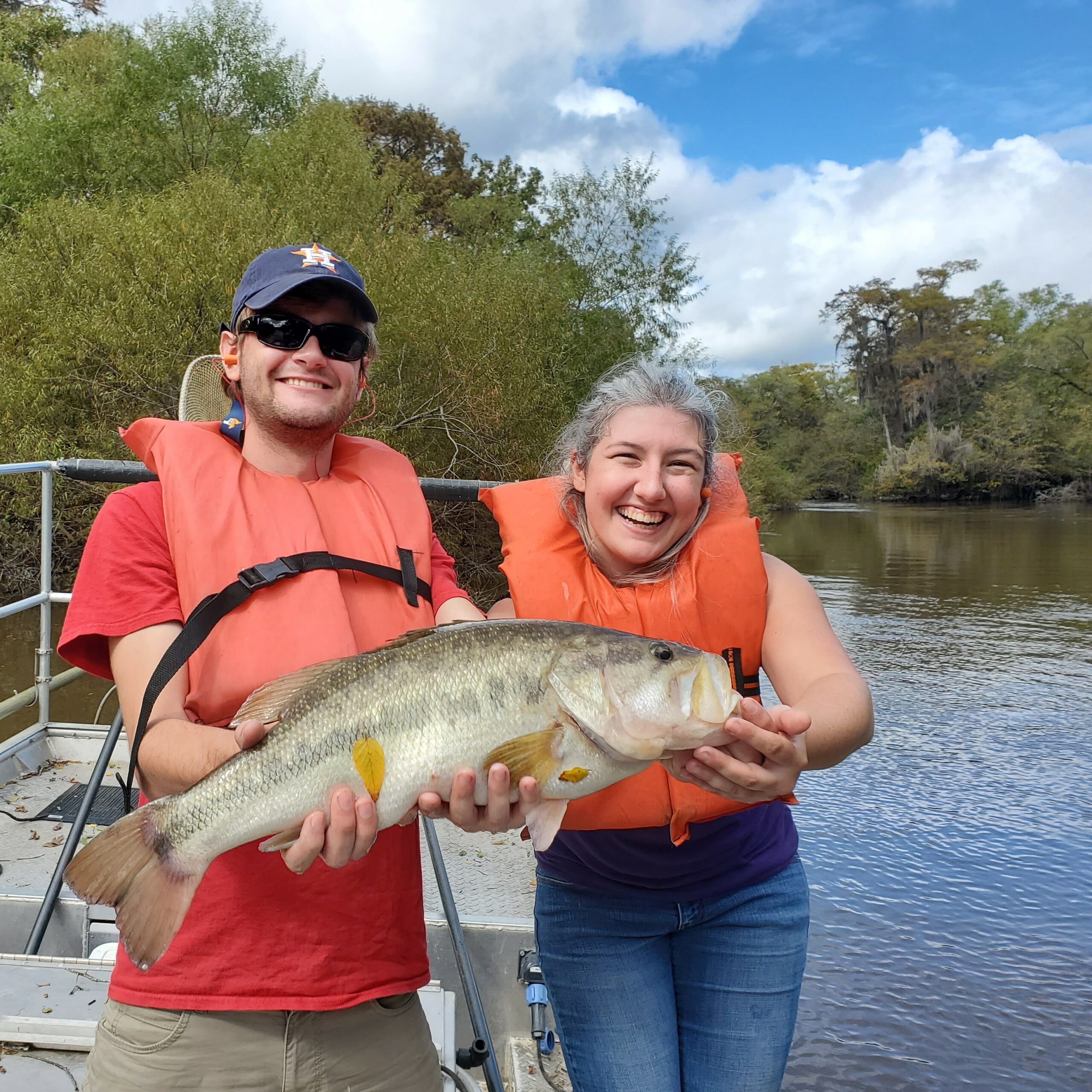
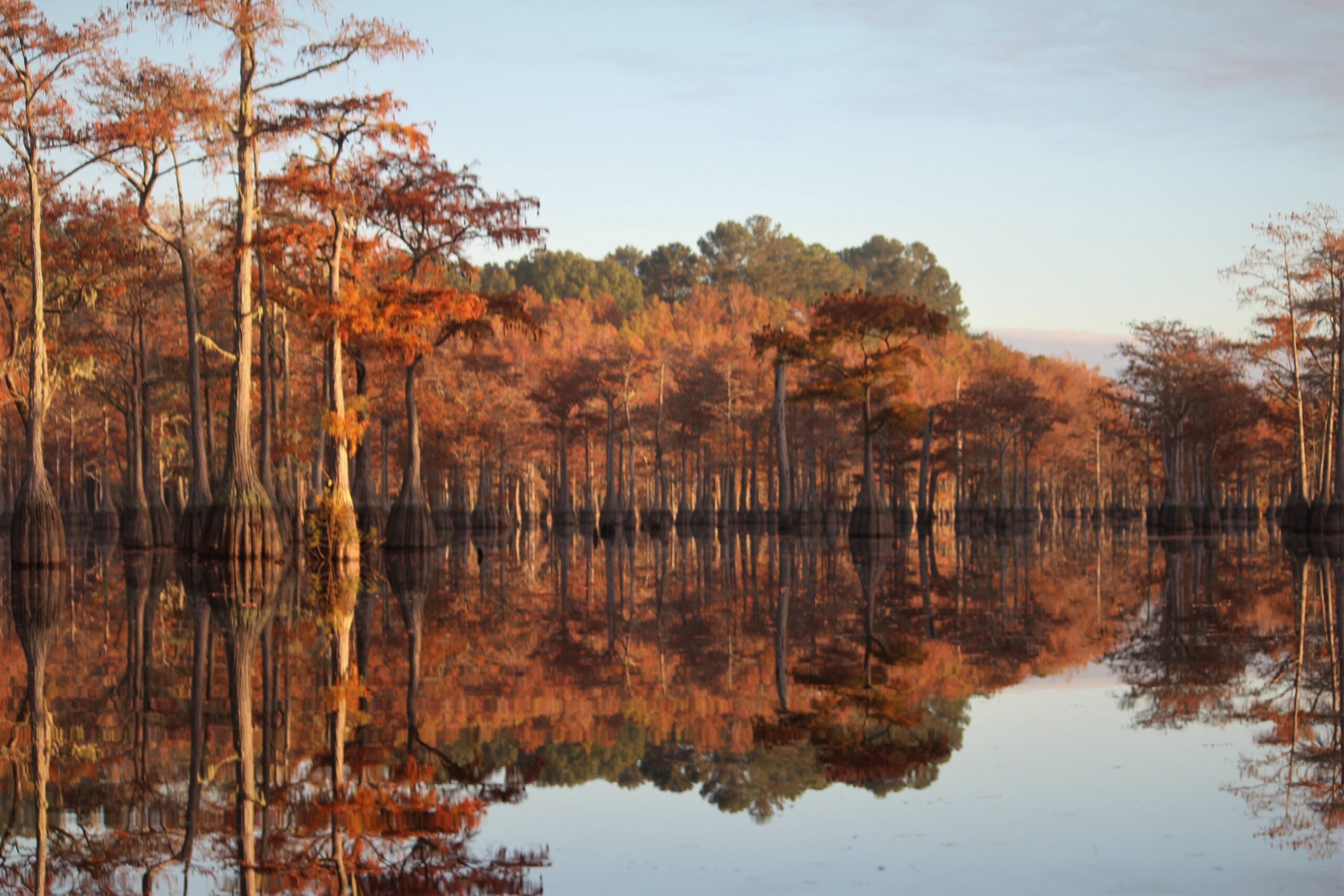
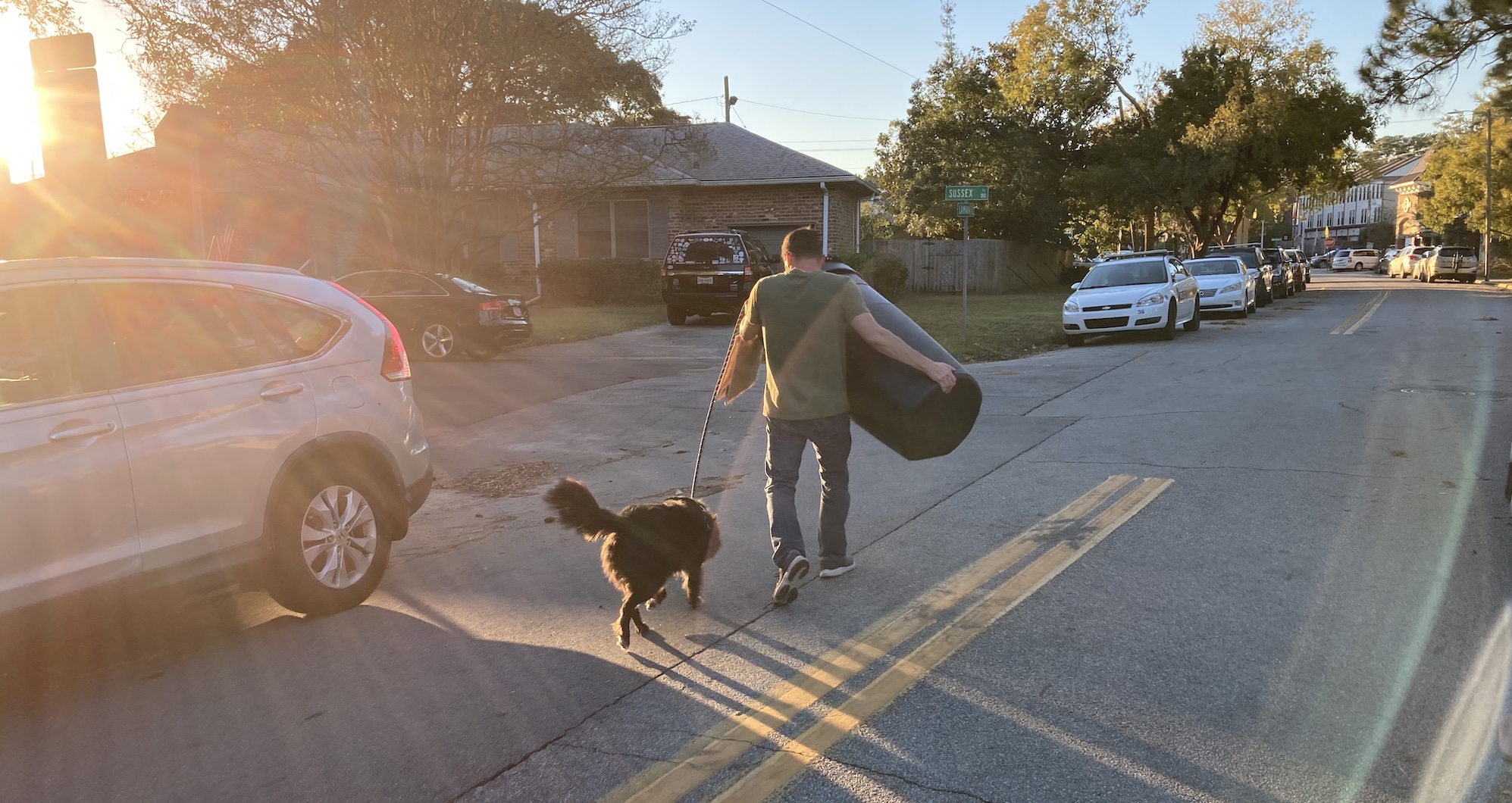
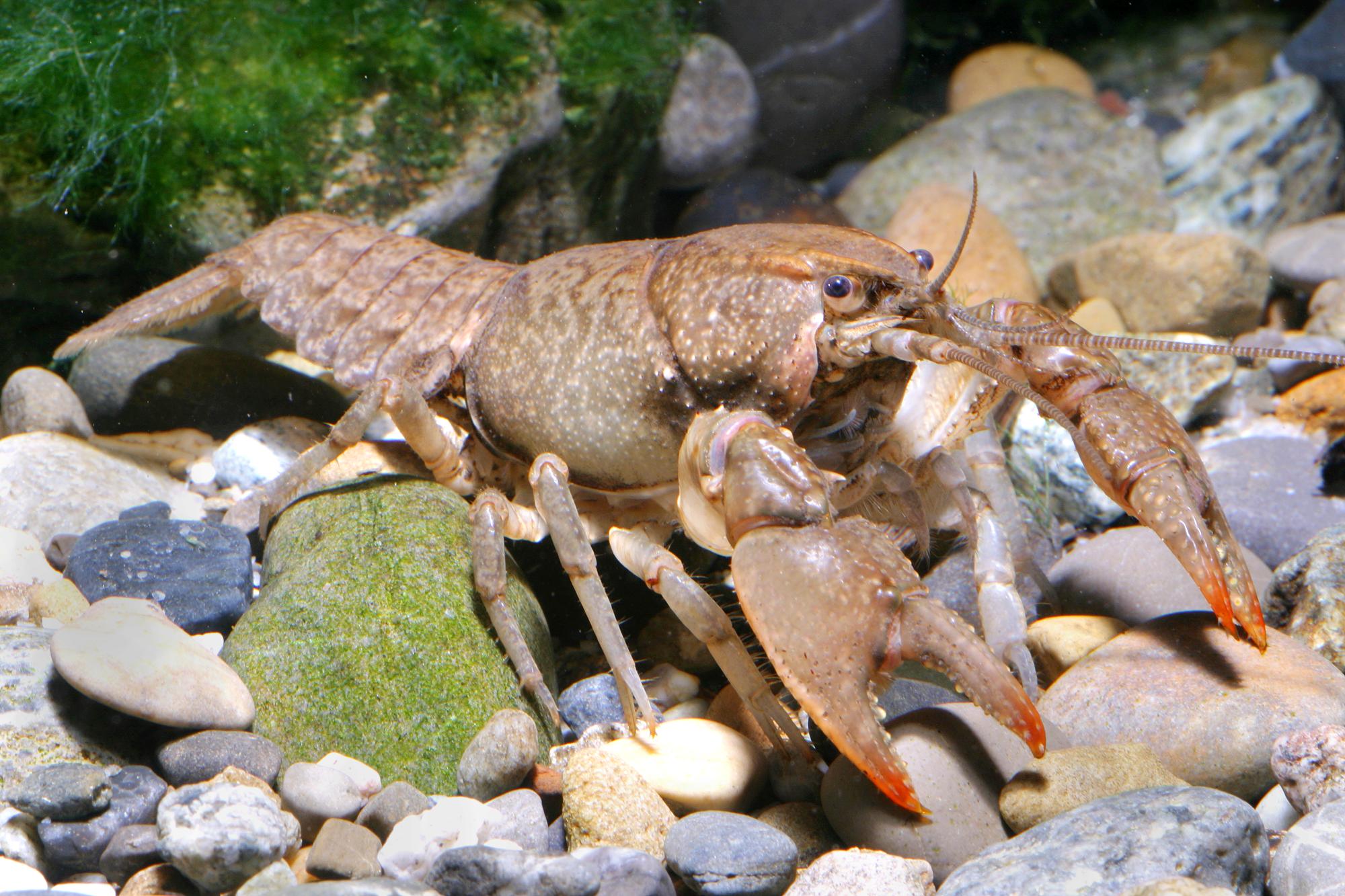
 I am Valeria Ensenat Rivera, an undergraduate researcher in the freshwater lab at Georgia Southern University and I am studying population genetics of crayfish native to south Georgia. Crayfish are also known as crawfish or crawdads, and they are invertebrate crustaceans that spend their lives at the bottom of lakes, rivers, and streams, eating just about anything they can get their claws on. Crayfish are also a vital part of the food web providing a tasty snack for birds, raccoons, fish, otters, and are delicious in a low country boil.
I am Valeria Ensenat Rivera, an undergraduate researcher in the freshwater lab at Georgia Southern University and I am studying population genetics of crayfish native to south Georgia. Crayfish are also known as crawfish or crawdads, and they are invertebrate crustaceans that spend their lives at the bottom of lakes, rivers, and streams, eating just about anything they can get their claws on. Crayfish are also a vital part of the food web providing a tasty snack for birds, raccoons, fish, otters, and are delicious in a low country boil. 